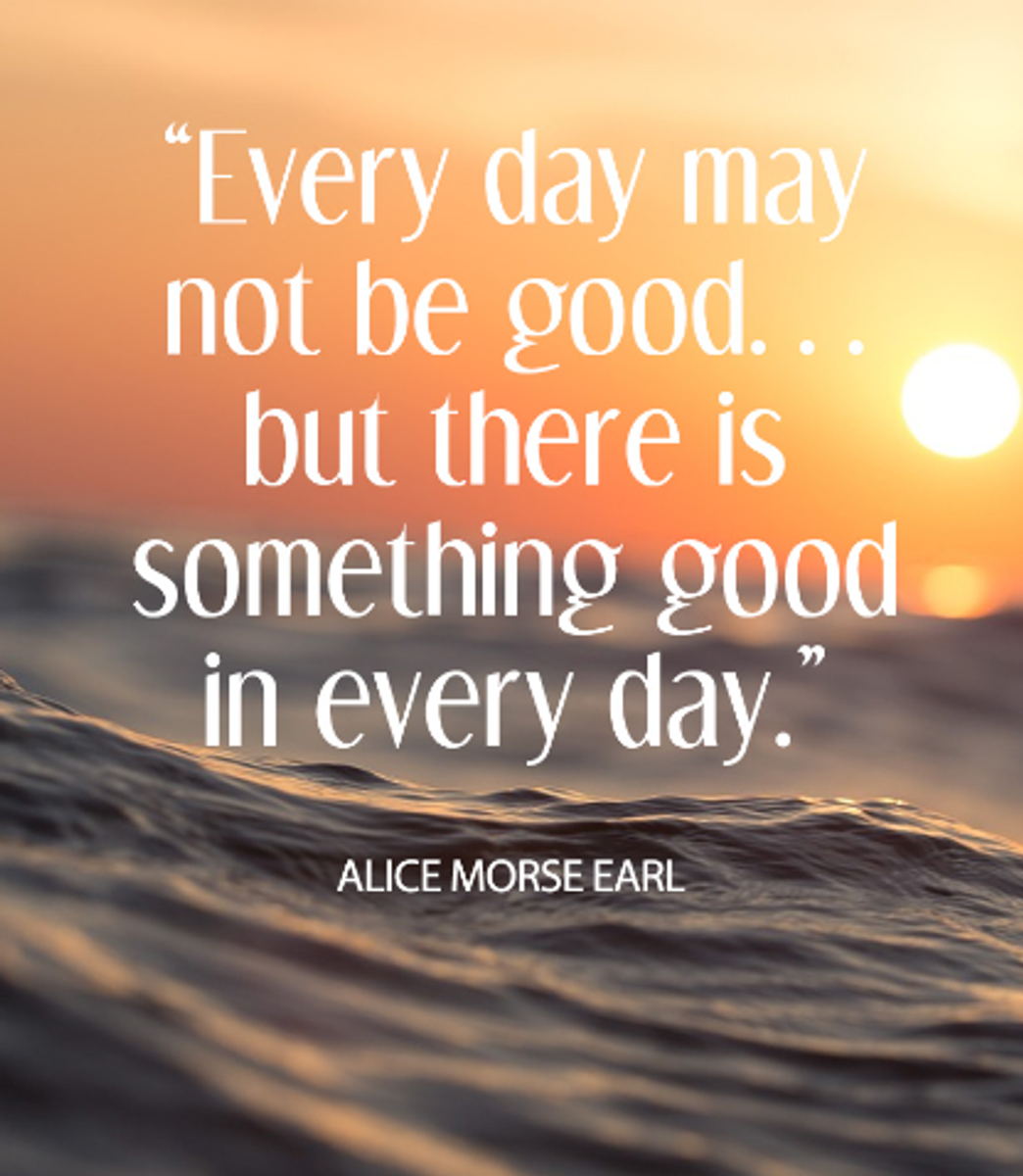Principal's Update
Angelika Ireland

Principal's Update
Angelika Ireland


This week we were given the sad news that one of our parents had suddenly passed away. Our condolences go to the family at this sad time.
This sad news made me reflect on how parents deal with talking to their children about death.
I found some helpful information at the following link:
https://www.firstfiveyears.org.au/child-development/how-to-talk-to-children-about-deathand have included some of this below:
Talking about death and dying can be confronting for adults, so knowing how to have that conversation with a child can be challenging. One common question is “what on earth do I say?”.
From a very young age children are introduced to the themes of loss in picture books, video games, and popular children’s movies. This can prompt children to come forward with questions about death, particularly their own mortality, from an early age.
As children grow and death touches their lives, be it a parent, grandparent, sibling (including those who die before birth) or family pet the questions can be complex.
Clinical Psychologist Dr Allana Canty from not-for-profit children’s psychology practice Child’s Play Qld, has focused her work on helping children and families grieve and adjust to life transitions. She says that if adults can acknowledge themes of death and dying as a normal part of life, this can reduce emotional distress when an unexpected loss occurs.
“This may take the form of discussing the death of a character in a movie or book, acknowledging the aging process, or even exploring the garden for dead insects, chrysalises, or describing the natural lifecycles observed in plant life. “Discussions about death are appropriate at all ages, and the level of detail that is appropriate can often be guided by the types of questions that a child asks.
5 Common Questions Children Ask About Death
Q: What does death/dying/dead mean?
A: Use factual information to explain that death is final, irreversible, inevitable and universal. For example, “death is when the organs in our body stop working. When our organs stop working, we are no longer able to see, smell, hear, move, or feel pain” and/or “death means that the body of the person/creature cannot come back to life and talk, breath, or play”.
It is not advised that families refer to the deceased as ‘asleep’, ‘on holiday’ or ‘gone to live on a farm’. This can create many confusing follow up questions such as “when is dad going to wake up? When will Rex come home? Can we go and visit Uncle Tim?”). Confusion can extend a child’s grief, and may position the adult in a tricky situation where they feel obliged to continue with convoluted stories.
Q: What happens after someone/something dies?
A: As there is considerable variation in religious and spiritual beliefs between, and even within, families, it is recommended that adults agree on what language they intend to use when explaining what happens after death. Families are encouraged to consider whether they would like to make references to Heaven, spirits, the soul, death as a final phase of existence, or an afterlife.
To increase the likelihood of a socially appropriate responses from your children, families may like to normalise differences in beliefs (e.g., ‘people can have different opinions about what occurs after death. There is no right or wrong belief and it is important to respect that your friends may not believe in heaven. You can have a different belief to your friends and that is okay’).
Q: What happens to the body after death?
A: Burial: “Lilly’s body will be put in a special box. This special box is put in the ground and covered with garden. A special stone will be put on top of the garden. This stone has writing on it which tells people who is buried there”.
Cremation: “Nathan’s body will be put in a special box. A machine heats up the box and turns it into dust which we will keep in a beautiful container/spread at Nathan’s favourite spot”. It may be important to remind the child that the body no longer feels temperature or pain.
Q: Will I die? Will I die next?
A: All living things on earth will die. Different animals and plants have different life spans. Some trees can live for 500 years but a butterfly can sometimes only live for 2-3 weeks. Most people live very long lives, and get to live for around 100 years. Your body is healthy and we hope that you will live for 100 years.
Children often worry if death is contagious. Explaining the cause of the person’s/pet’s death helps the child separate their own mortality from that of the deceased.
Q: What will happen to me if you die?
A: Children will ask egocentric questions such as “who will make my lunch” or “who will take me to school”. This is a normal way of children wanting to make their worlds predictable and stable. Creating a picture of all the adults that would be available to support the child can be very comforting and reduce anticipatory distress about the death of their primary carer. If death is not imminent, parents/carers may like to emphasise that they plan to have a long, healthy life ahead.
The 2023 Parent/Caregiver/Guardian Opinion Survey (PCGOS) will be open for parents/caregivers/guardians to complete between Monday 7 August and Friday 8 September.
The survey is designed to assist schools in gaining an understanding of families’ perceptions of school climate, student behaviour, and student engagement. We invite all families to take part in the survey and provide feedback.
The link to the survey is provided on the Compass post that has been sent out.
Food for Thought


Angelika Ireland